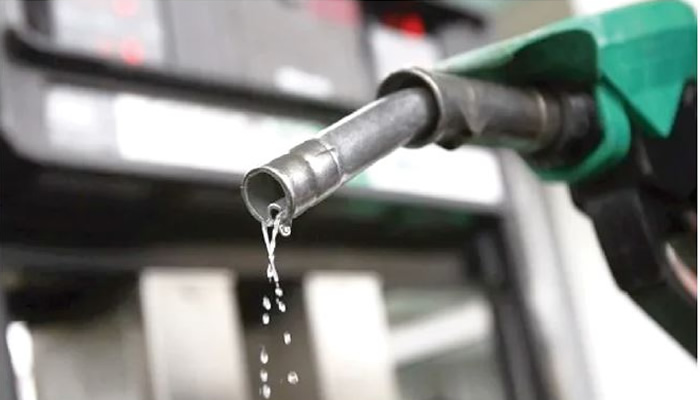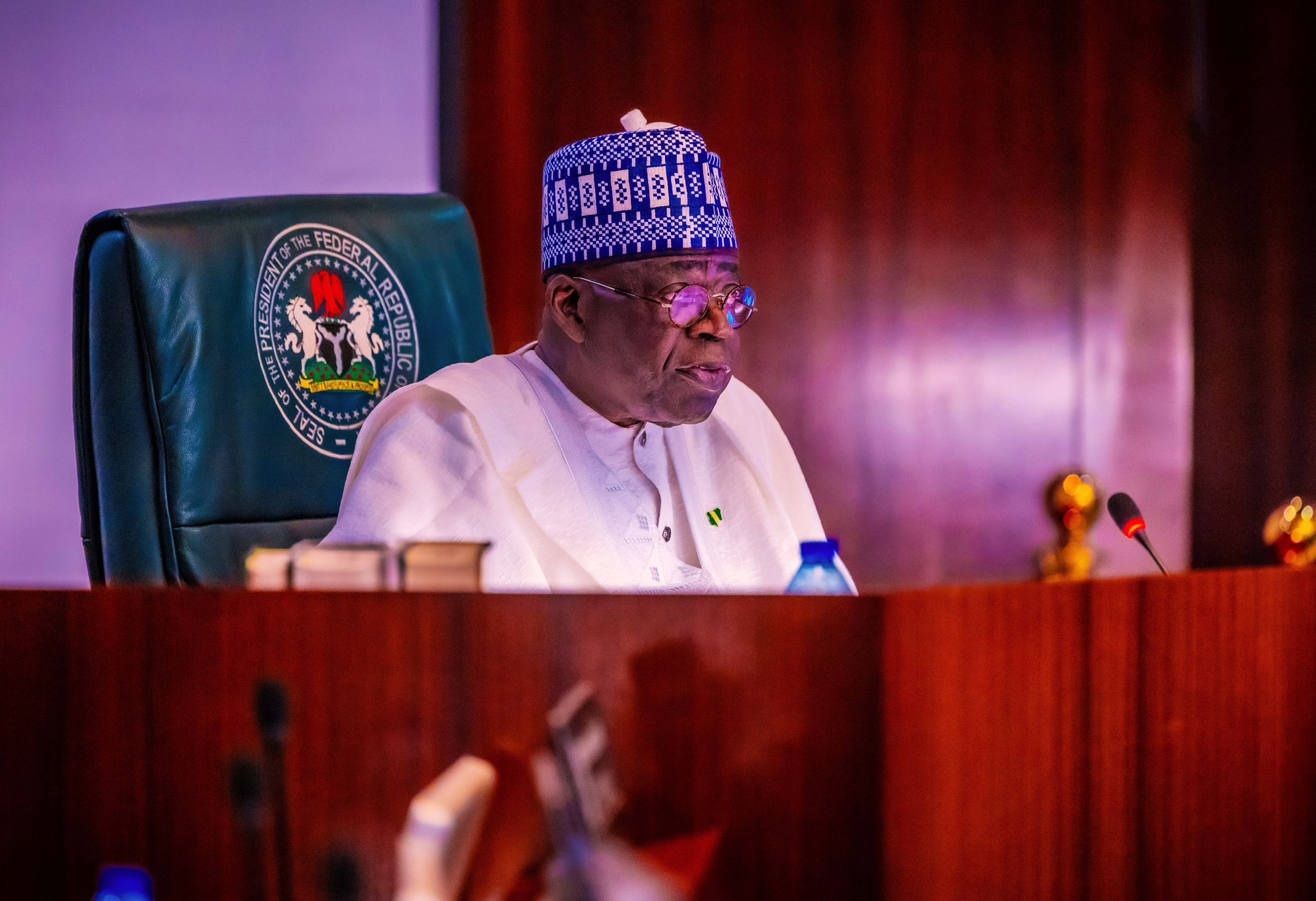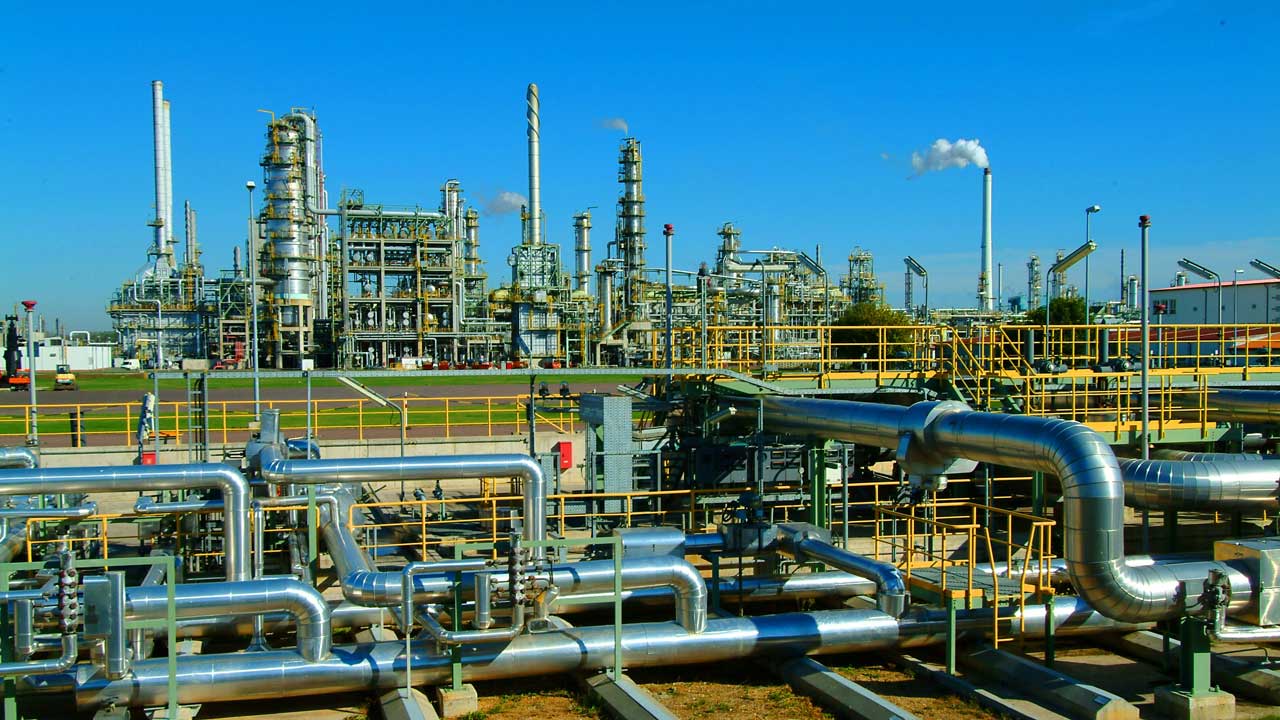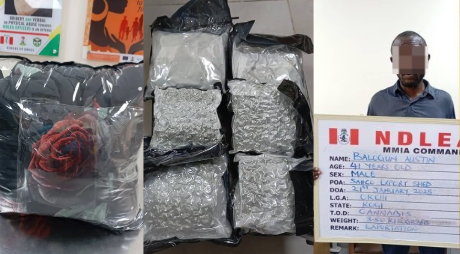Nigeria has seen a significant decline in petrol imports following the removal of fuel subsidies by President Bola Tinubu in May 2023. According to the National Bureau of Statistics, total petrol imports fell to 20.30 billion litres in 2023 from 23.54 billion litres in 2022, marking a 13.77% year-on-year reduction. The second half of 2023 alone experienced a drop of 3.58 billion litres compared to the first half, with imports plummeting to 8.36 billion litres from 11.94 billion litres, reflecting a staggering 29.99% decrease.
The statistics also revealed a slight increase in diesel imports, rising to 4.94 billion litres in 2023 compared to four billion litres the previous year. Meanwhile, local production of Automotive Gas Oil (diesel) grew by 6.76% to 109.39 million litres, while Household Kerosene production surged by an impressive 56.02% to 69.71 million litres. The removal of subsidies has had a significant impact on fuel consumption, with domestic usage reportedly dropping by 50%.
READ ALSO
Nigerians Struggle as Rising Fuel Costs Force Resignations, Salary Cuts, and Lifestyle Adjustments
In terms of financial implications, Nigeria's fuel import spending decreased by approximately 2.6% from N7.7 trillion in 2022 to N7.5 trillion in 2023. However, the first half of 2024 has seen the petrol import bill rise to N5.8 trillion, an 87.09% increase from the same period in 2023. This spike in costs has been attributed to high crude oil prices and a weakened naira, exacerbating concerns about rising living costs.
The subsidy removal has sparked considerable controversy, with the government arguing it will free up resources for essential sectors such as healthcare and education. However, many economists and citizens are questioning the fairness of this decision, particularly as reports suggest that the Nigerian National Petroleum Company Limited (NNPC) may still be incurring costs related to fuel imports, casting doubt on the transparency of the government’s subsidy policy.




